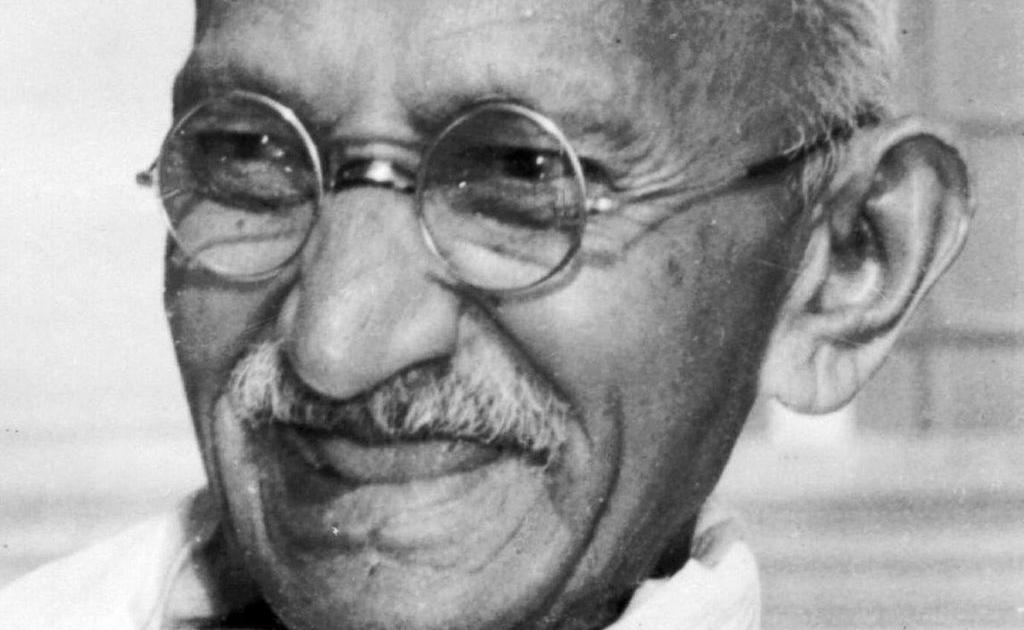The Theory and Practice of Satyagraha
By Mohandas GandhiCarried out to its utmost limit, Satyagraha is independent of pecuniary or other material assistance; certainly, even in its elementary form, of physical force or violence. Indeed, violence is the negation of this great spiritual face, which can only be cultivated or wielded by those who will entirely eschew violence. It is a force that may be used by individuals as well as by communities. It may be used as well in political as in domestic affairs. Its universal applicability is a demonstration of its permanence and invincibility. It can be used alike by men, women and children. It is totally untrue to say that it is a force to be used only by the weak so long as they are not capable of meeting violence by violence. This superstition arises from the incompleteness of the English expression, passive resistance. It is impossible for those who consider themselves to be weak to apply this force. Only those who realize that there is something in man which is superior to the brute nature in him and that the latter always yields to it, can effectively be Satyagrahis.
This force is to violence, and, therefore, to all tyranny, all injustice, what light is to darkness. In politics, its use is based upon the immutable maxim, that government of the people is possible only so long as they consent either consciously or unconsciously to be governed. We did not want to be governed by the Asiatic Act of 1907 of the Transvaal, and it had to go before this mighty force. Two courses were open to us: to use violence when we were called up com to submit to the Act, or to suffer the penalties prescribed under the Act, and thus to draw out and exhibit the force of the soul within us for a period long enough to appeal to the sympathetic chord in the governors or the law-makers. We have taken long to achieve what we set about striving for. That was because our Satyagraha was not of the most complete type. All Satyagrahis do not understand the full value of the force, nor have we men who always from conviction refrain from violence. The use of this force requires the adoption of poverty, in the sense that we must be indifferent whether we have the wherewithal to feed and clothe ourselves. During the past struggle, all Satyagrahis, if any at all, were not prepared to go that length. Some again were only Satyagrahis so called. They came without conviction, often with mixed motives, less often with impure motives. Some even, whilst engaged in the struggle, would gladly have resorted to violence but for the most vigilant supervision. Thus it was that the struggle became prolonged; for the exercise of the purest soul-force, in its perfect form, brings about instantaneous relief. For this exercise, prolonged training of the individual soul is an absolute necessity, so that a perfect Satyagrahi has to be almost, if not entirely, a perfect man. We cannot all suddenly become such men, but if my proposition is correct — as I know it to be correct — the greater the spirit of Satyagraha in us, the better men will we become. Its use, therefore, is, I think, indisputable, and it is a force, which, if it became universal, would revolutionize social ideals and do away with despotisms and the ever-growing militarism under which the nations of the West are groaning and are being almost crushed to death, and which fairly promises to overwhelm even the nations of the East.
If the past struggle has produced even a few Indians who would dedicate themselves to the task of becoming Satyagrahis as nearly perfect as possible, they would not only have served themselves in the truest sense of the term, they would also have served humanity at large. Thus viewed, Satyagraha is the noblest and best education. It should come, not after the ordinary education in letters, of children, but it should precede it. It will not be denied, that a child, before it begins to write its alphabet and to gain worldly knowledge, should know what the soul is, what truth is, what love is, what powers are latent in the soul. It should be an essential of real education that a child learn, that in the struggle of life, it can easily conquer hate by love, untruth by truth, violence by self-suffering.
Mohandas Gandhi (1869-1948) gained deep respect and admiration of people worldwide with both his unwavering struggle for truth and justice and his philosophy of non-violent resistance.
“The Theory and Practice of Satyagraha” By Mohandas Gandhi, from Non-Violent Resistance (Satyagraha). Reprinted by permission of Dover Publications.
